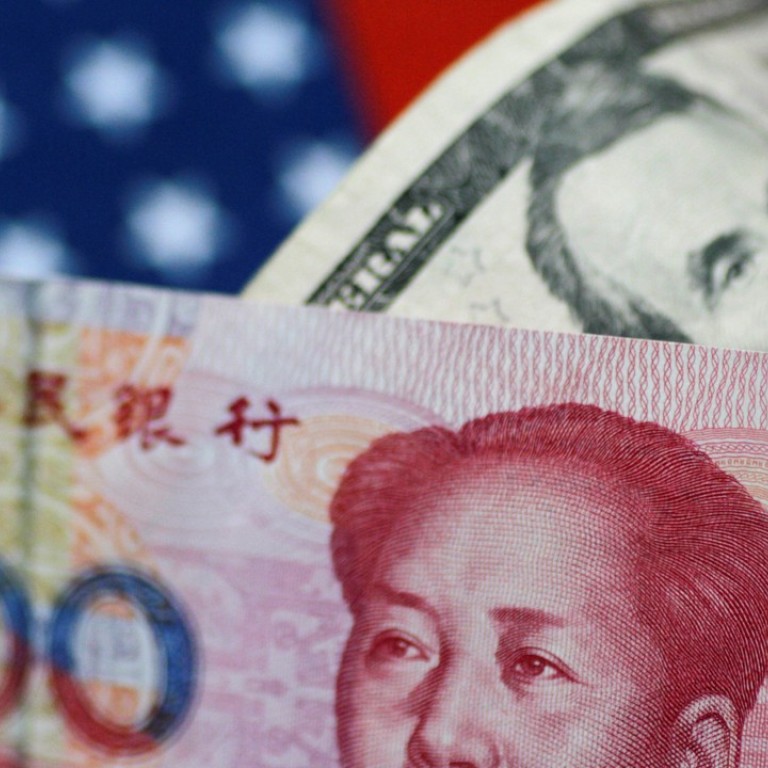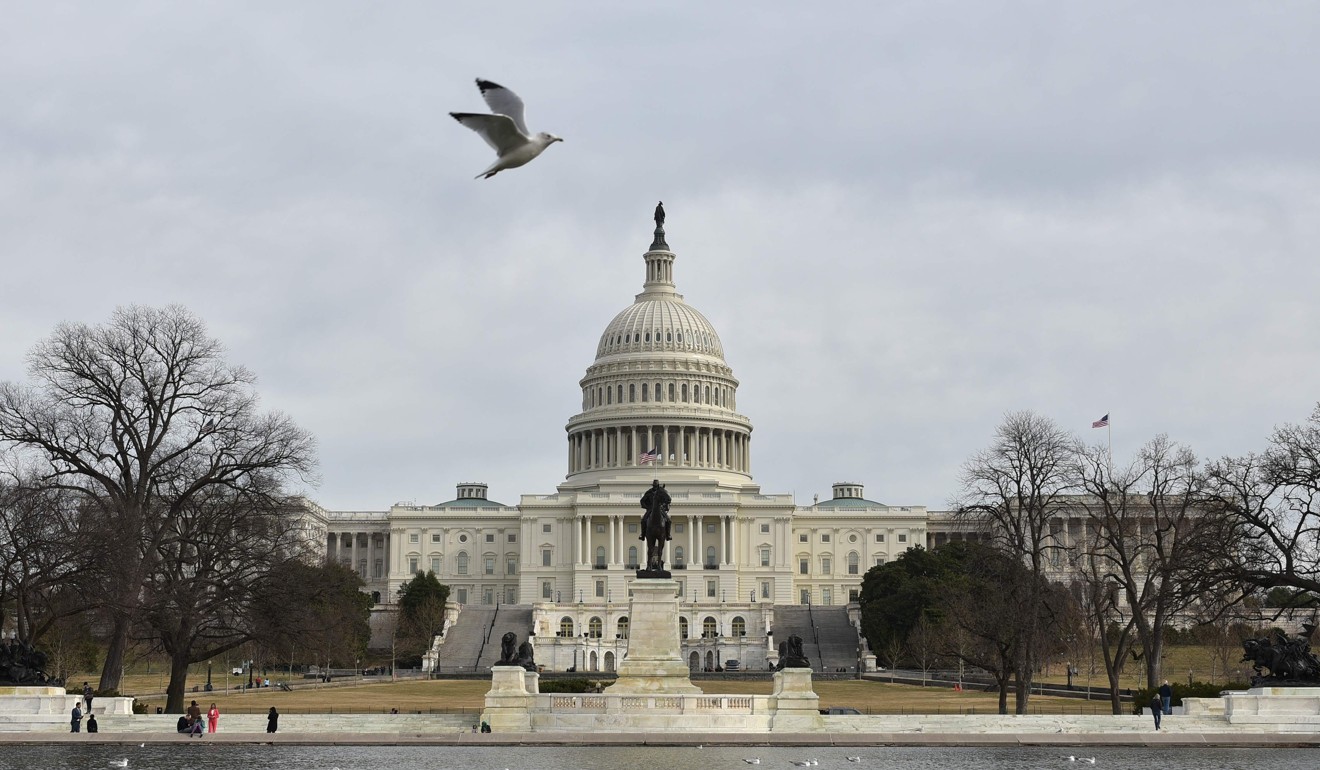
China-US investment plunges by a third amid tighter curbs from both sides, report finds
Beijing’s crackdown on foreign spending by private companies and tighter scrutiny of inbound deals by US authorities are behind the decline
Foreign direct investment (FDI) between the US and China declined by almost a third in 2017 from the previous year, mainly because of Beijing’s curbs on overseas spending and Washington’s tighter scrutiny of Chinese investments, a new report has found.
FDI transactions between the two countries totalled US$43.4 billion, a 28 per cent drop from the US$60 billion recorded in 2016, according to research carried out by the Rhodium Group and the National Committee on US-China Relations, an American think tank.
The main reason for the drop was a decline in Chinese investment in the US to US$29 billion from US$46 billion the year before. The drop would have been even steeper if it wasn’t for the US$18 billion in Chinese acquisitions announced in 2016 but completed last year, the report said.
American investment into China was almost unchanged at US$14 billion compared with US$13.8 billion in 2016.
Numerous sectors in China remain closed or restricted to foreign investment. These restrictions contribute to a view in the US that China does not play fair
Beijing imposed a slew of new restrictions on outbound investment last year to address balance-of-payment concerns and minimise risks to the financial system stemming from debt-fuelled overseas spending.
In February China’s top economic planner published a list of “sensitive areas” where it intends to restrict overseas investments, putting a specific curb on deals related to property, hotels, cinemas, entertainment and sports clubs. Weapons development, manufacturing and maintenance, multinational water resources exploitation, and news media were also included on the list.
However, despite Beijing’s best efforts to contain investment flowing into these industries, the sectors that received the most Chinese FDI last year were real estate and hospitality (US$11 billion), transport and infrastructure (US$ 10 billion), and health and biotech (US$ 2.5 billion), according to another report compiled by the Rhodium Group released this week.
Chris Marlin, president of Florida-based Lennar International, which claims to be the US’ largest residential property developer by revenue, said his firm has been unaffected by Beijing’s capital outflow controls.
The company has “only experienced growth in our time dealing with [customers in] mainland China and the Asian region,” said Marlin, declining to give numbers.
Increased scrutiny of inbound deals by US authorities had also had an impact on FDI, the research found. The biggest such deal to fall through was aluminium giant China Zhongwang Holdings’ proposed US$2.3 billion acquisition of Aleris in November after regulators cancelled it over economic and national security concerns.

“To date, even as hundreds of thousands Chinese receive paychecks from US companies, numerous sectors in China remain closed or restricted to foreign investment,” said Stephen Orlins, president of the National Committee on US-China Relations.
“These restrictions do a disservice to the overwhelming majority of China’s people, as they not only drive up prices but also limit consumer choices. These restrictions contribute to a view in the US that China does not play fair.”
The report’s release coincides with the Boao Forum in the Chinese province of Hainan – known as China’s Davos – at which President Xi Jinping reiterated his commitment to opening markets and easing restrictions on foreign investment.
On Wednesday China’s central bank unveiled a raft of measures to open up the country’s financial sector to foreign investment, including the removal of foreign ownership caps for banks. Other key measures included allowing overseas investors to take a maximum 51 per cent equity stake in brokerage firms, futures companies and fund managers and completely removing caps on foreign equity in these sectors within three years.

